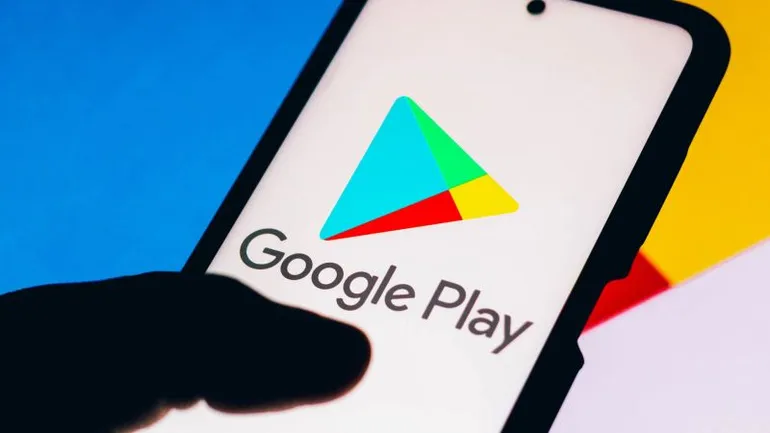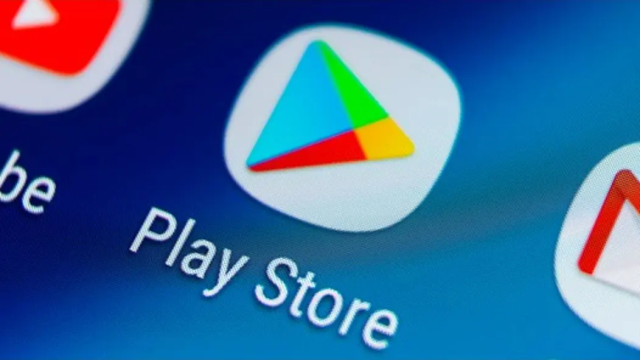Google has officially disclosed a $700 million settlement in response to a class-action lawsuit revolving around its Play Store
In a pivotal move, Of this sum, $630 million is earmarked for U.S. consumers, while an additional $70 million will contribute to a fund for U.S. states.
Initially filed in 2021, the lawsuit centered on allegations of Google’s monopolistic grip on app distribution within the Android ecosystem through the Play Store. Though a tentative settlement was reached in September, the intricate details have only recently come to light.
As a part of this resolution, Google has unveiled its plan to extend the user choice billing program launched in November 2022. This program empowers developers to utilize alternative payment methods for in-app purchases. Notably, in the U.S., developers gain the ability to exhibit varied costs contingent on the chosen billing method by the customer.
Additionally, Google has committed to refining the sideloading process, with a specific emphasis on altering messaging. Presently, users encounter a cautionary pop-up when attempting to sideload an app, redirecting them to a settings screen for installing apps from “unknown sources.” The settlement mandates Google to amalgamate these screens and uphold the sideloading flow, unaltered, for a minimum of five years.
Addressing security concerns, Wilson White, Google’s VP of Government Affairs & Public Policy, stated, “As part of our settlement, we will be further simplifying the sideloading process and updating the language that informs users about these potential risks.”
The proposed settlement also prompted Google to reconfigure the default sideloading flow in Android, aiming to enhance user experience and furnish clearer information regarding potential risks associated with downloading apps directly from the web.
Google, in a recent blog post, underscored that Android 14 has brought about enhancements in the app upgrade process, affording more controls for third-party app stores through an API.
This development follows Google’s recent antitrust setback against Epic Games. While Google intends to challenge the verdict, it acknowledges the ongoing tussle over the notions of choice and competition facilitated by its platforms.
The Epic v. Google trial unearthed Google’s dealings with entities like Spotify, shedding light on Play Store commissions. Despite the settlement, Epic Games remains steadfast in its criticism, contending that it offers no genuine relief to consumers. Looking ahead, Epic Games aims for meaningful remedies in the subsequent phase of the case, aspiring to foster greater openness in the Android ecosystem.
In summation, Google’s $700 million settlement marks a substantial stride in addressing concerns raised by the class-action lawsuit, significantly impacting both consumers and developers entrenched in the Android app ecosystem.









